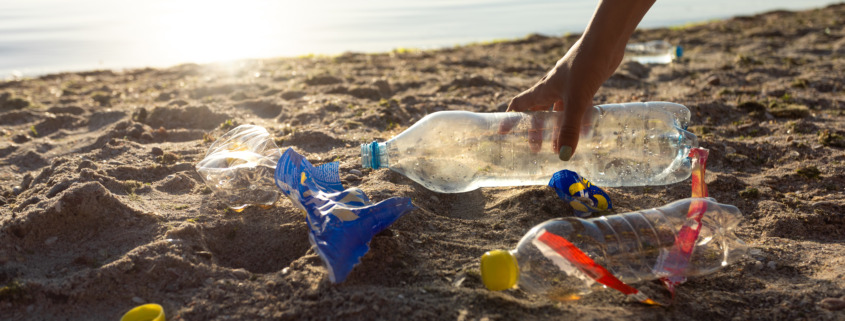Beach Litter
Once a year, I fly out to see my grandfather in Boca Raton, Florida. His apartment is a five-minute walk from the beach, so luckily, I spend a lot of my time there in the ocean. Each time I visit, I notice a rise in the amount of garbage left behind in the sand and water. As a former Environmental Studies student at the University of Colorado – Boulder, the sight of trash left behind in these ecosystems is jarring and increasingly frustrating. As a result, I have become one of those ‘crazy-looking’ people who spend their time at the beach picking up trash.
For those of you who may not know, littering can cause extreme damage to natural ecosystems. Oftentimes, animal species will mistake trash items left behind for food, which may cause illnesses, death, and sometimes extinction. In addition, beach litter can cause injury or harm to people. Over the past two weeks, I have picked up water bottles, bags, glass, cigarette butts, cans, napkins, food wrappers, and more. These items do not biodegrade quickly, and just to give you an idea of how irresponsible it is to leave these trash items behind, here are some statistics:
- Plastic water bottles: 450 years or more to decompose
- Plastic bags: 500 years or more to decompose
- Glass bottles: nearly 1 million years to decompose
- Aluminum cans: relatively 80 to 100 years to decompose
Becoming more aware and conscious of your waste and where it goes is a great way to ensure the elimination of litter. Make yourself a part of the solution by allocating time to do something for the greater good of the community (e.g., picking up garbage at the beach), finding ways to replace plastic with more eco-friendly options, and repurposing waste material. Apply these eco-conscious behaviors to your professional life as well and inspire your colleagues to be more environmentally aware. Together, we can create a safer and more enjoyable environment for our future.
Jenna Eisenberg – Research and Consulting Coordinator









